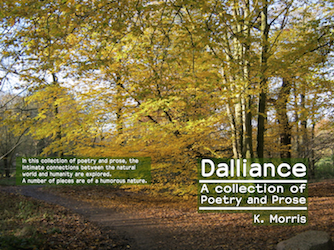I recently came across the following comment regarding the difficulties experienced by authors in getting published, (http://www.derekhaines.ch/justpublishing/i-need-a-publisher-no-you-dont/comment-page-1/#comment-1607). The commenter’s argument is neatly encapsulated by the following quote,
“Here’s the truth: 99.99% self publish because a traditional publisher rejected their manuscripts.
Why? Because they’re BAD!”
The above is a sweeping assertion. How can the commenter possibly know why so many authors find it difficult to get published via established (traditional) publishing companies? Where is the evidence to bolster his case? The plain truth is that he produces no facts in support of this highly contentious statement.
Established big name publishers will, on the whole publish what they believe will sell. What sells does not always correlate with what constitutes good writing. Of course there are many excellent works published by traditional publishers. However alongside the excellent exists what to my mind at least constitutes pap. The same applies to self-published authors – there is much good work out there which co-exists alongside the pap. I don’t believe that anyone can say, hand on heart that all that eminates from the traditional publishing stable is sweet scented hay while that coming from self-published authors is coated in horse dung. The sweet smelling hay and the manure are present in both stables and its nonsense to contend otherwise.
As a self-published author I do, of course have an axt to grind in that I believe my own work is far from being “bad”. I have also read many other self-published authors and poets who’s writing is far from being “bad”. I chose to self-publish due to wanting control over my own work. However I have a close friend in the off-line (real) world who expended countless hours in firing off letters to literary agents and publishers. He got nowhere. Hence he decided to self-publish using Createspace. It may be said that friendship clouds my judgement, however, having read a considerable portion of his manuscript I can assure my readers that it is far from being “bad”. It is, in my opinion extremely well written.
I have nothing whatsoever against traditional publishing. What I object to is lazy arguments not supported by evidence to the effect that the vast majority of material emanating from the self-publishing sector is bad, while traditional publishing overwhelmingly produces works of outstanding merit.
(Please Note; this post is in response to the comment linked to above. I agree with the post on which the commenter is commenting, it is the comment (not the post) with which I take issue).






